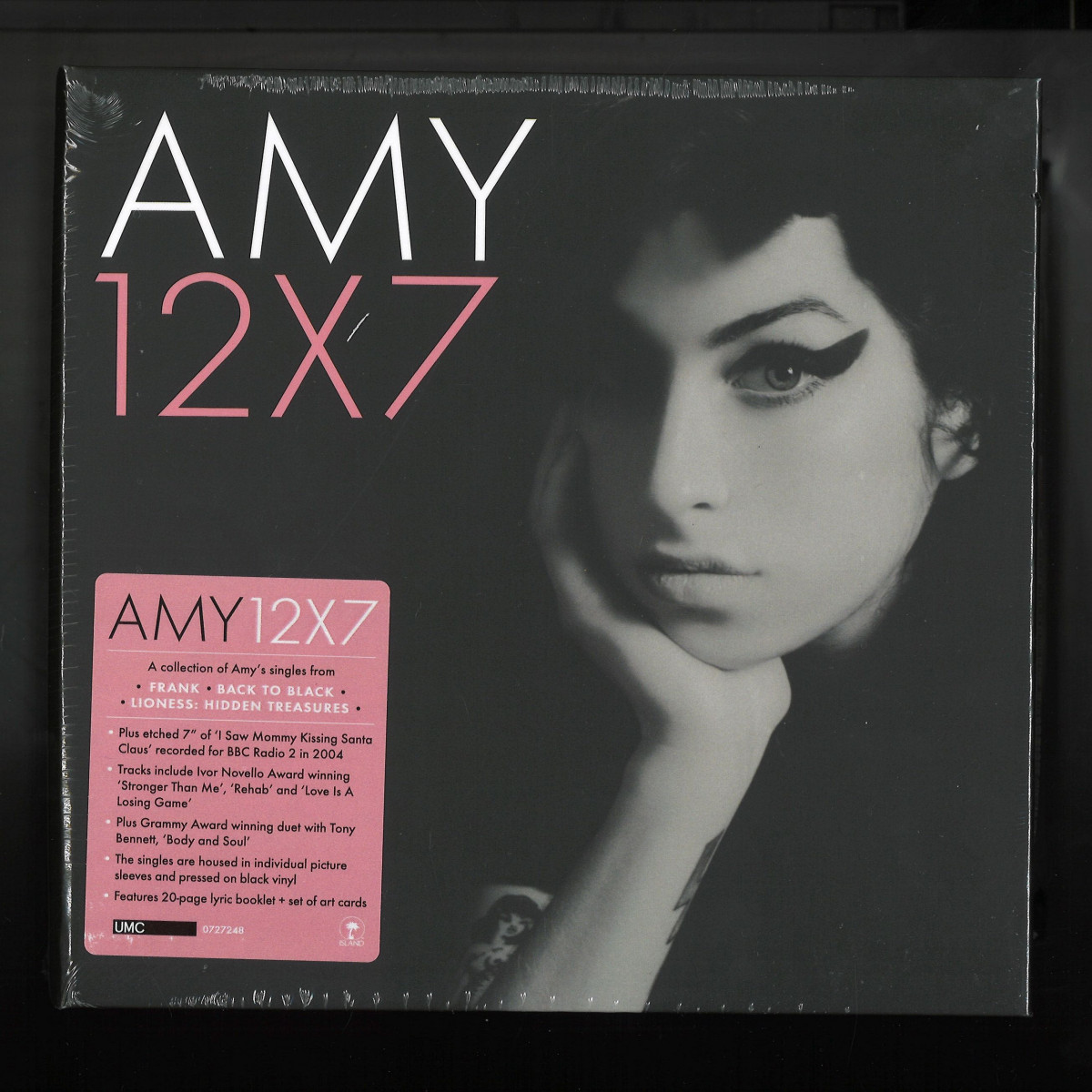
The tension between musical styles was infinitely more gripping than Frank’s clumsy attempts to highlight Winehouse’s jazz chops through scat singing and decorating tracks with samples of crackling vinyl. The sound chafed against the lyrics’ plethora of 21st-century references and hip-hop-influenced intonation (“I’ll check him at the door / Make sure he got green / I’m tighter than airport security teama”), and against Winehouse’s Sarah Vaughan and Billie Holiday-influenced vocals. They gave the album’s sound a toughness and grit that is usually missing when contemporary producers ape the 60s output of Muscle Shoals and Hitsville USA. The Dap-Kings had already spent a decade honing their retro soul style, first backing obscure deep funk singer Lee Fields, then Fields’s former backing vocalist Sharon Jones.

Characteristically self-effacing, Ronson has suggested that his primary contribution to the album was keeping Winehouse out of the pub, but in reality his decision to relocate the recording sessions to Brooklyn’s analogue Daptone studios and employ its house band, the Dap-Kings, was a masterstroke.
#Best amy winehouse cds update#
Her sound had changed as dramatically as her appearance: with Frank’s producer Salaam Remi joined by Mark Ronson, then a virtual unknown, Back to Black offered an update of 60s soul and girl-group pop. The best she could manage by way of talking it up was to grudgingly suggest “it isn’t shit”. “I don’t have it in my house,” she informed the Guardian a few months after its release. Winehouse hated it, or so she kept telling interviewers. It was advertised in the pages of Living Etc, as if the aural equivalent of soft furnishings, something tasteful and unobtrusive with which to embellish your living room.
#Best amy winehouse cds professional#
The songs on Frank were buffed up by professional writers-for-hire the woman who sang them signed to 19 Management by Simon Fuller, manager of the Spice Girls and mastermind behind Pop Idol and its umpteen spin-offs. A little braver and moodier than the Michael Parkinson-approved likes of Jamie Cullum, Katie Melua or Michael Bublé, but not so different from Norah Jones or any of the artists that followed in the wake of her 27m-selling album Come Away With Me: a bit of jazz, a bit of neo-soul, a touch of hip-hop about the beats.

Frank was part of a wave of jazz-influenced MOR albums that hit big in the early 2000s. Of course, Amy Winehouse had already released her debut album, 2003’s Frank, but, her voice aside, it sounded more or less like the work of a different artist.

B ack to Black came out of nowhere – in a sense.


 0 kommentar(er)
0 kommentar(er)
